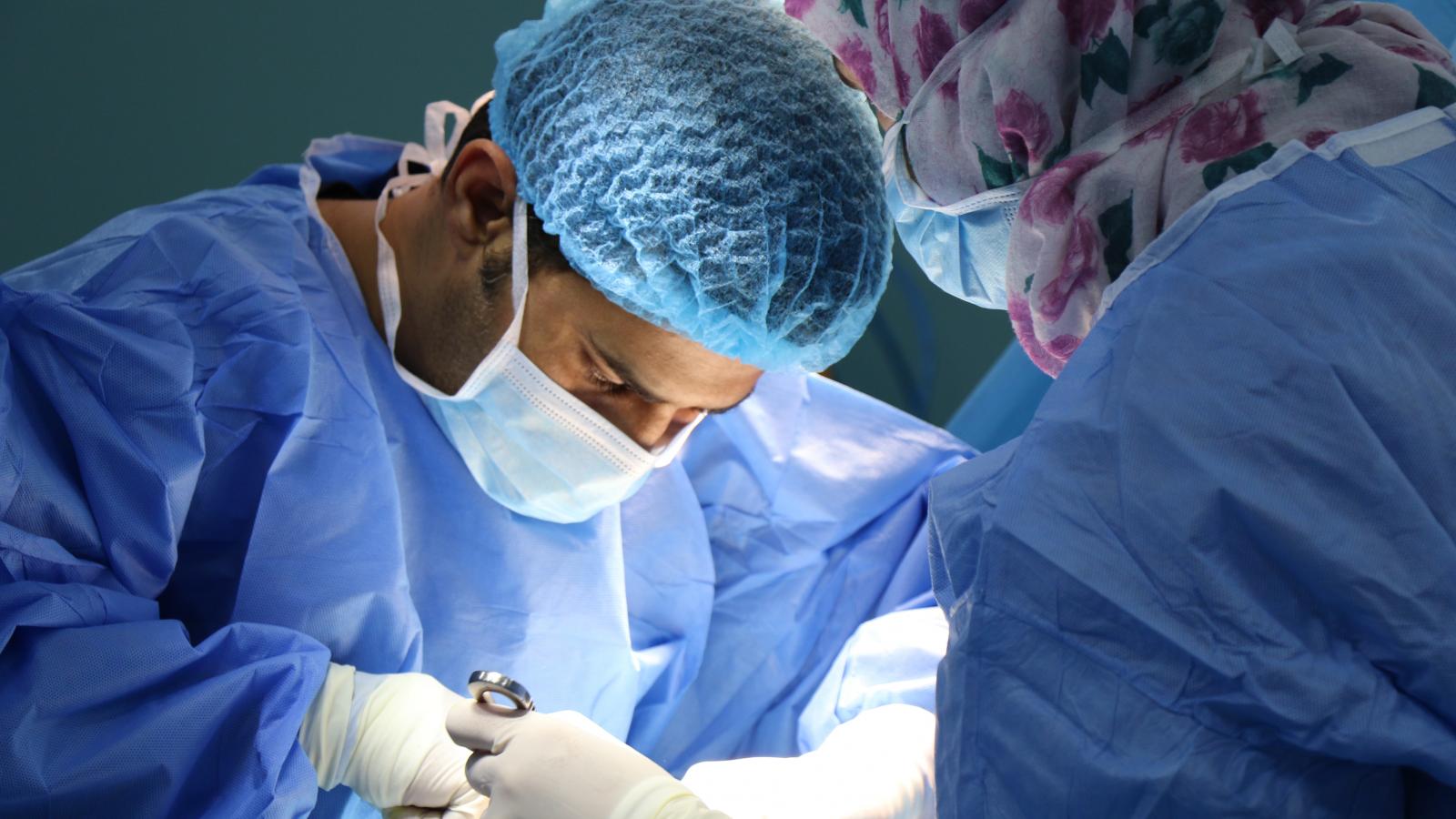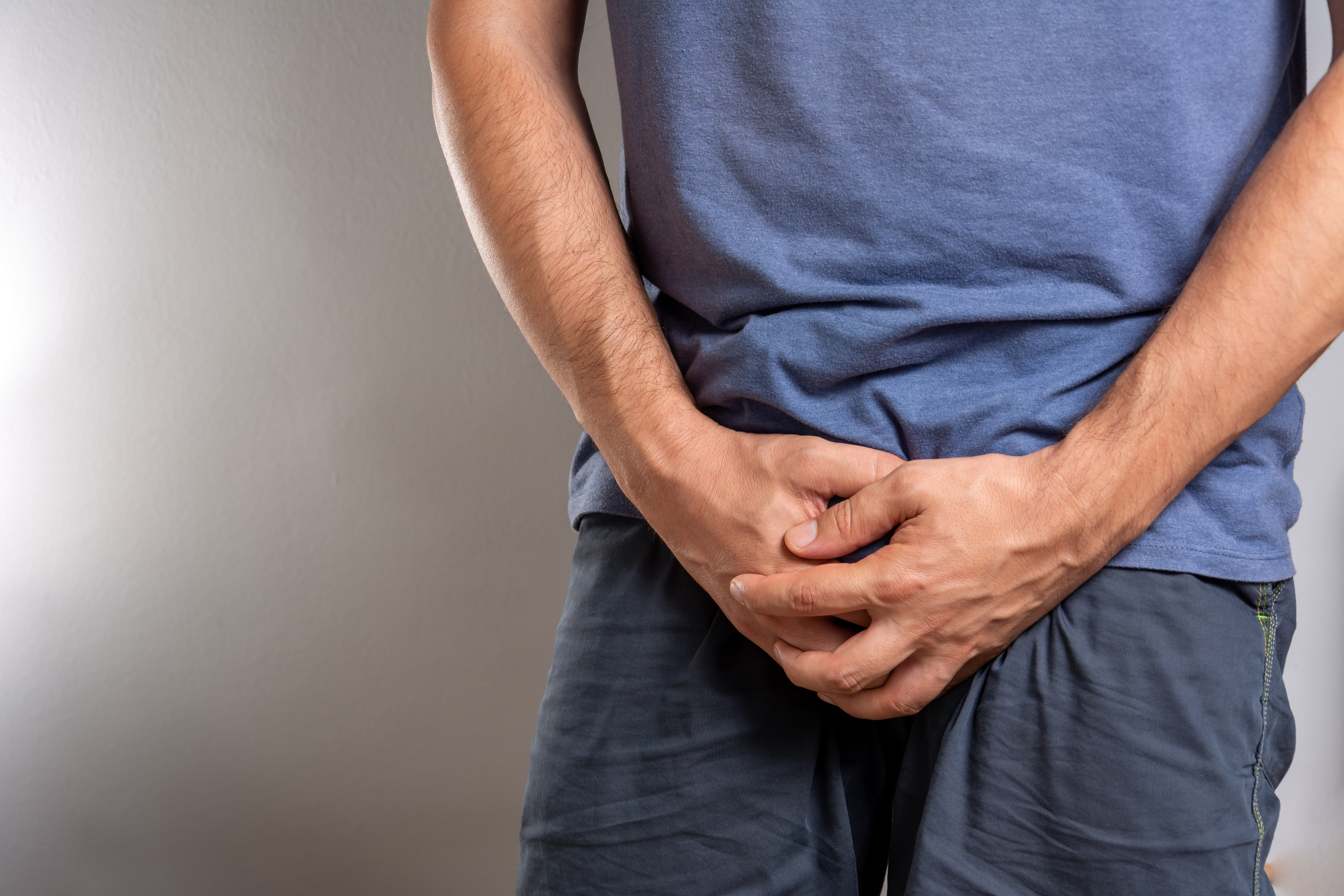Surgery for testicular cancer

Removing your testicle (orchidectomy)
Almost everybody with testicular cancer needs to have an operation to remove the testicle.
Usually the operation is done as quickly as possible after you have seen a urologist, often within a week.
Very occasionally, chemotherapy will be given before surgery. If this applies to you, your doctor will explain everything to you.
How is the testicle removed?
The surgeon makes a cut in your groin and removes the whole testicle and its cord from the scrotum through the groin, usually under general anaesthetic. Afterwards your scrotum will feel smaller and empty on one side.
When the lump has been removed it is examined under a microscope to confirm the diagnosis and see what type of testicular cancer it is. It is not usually possible to diagnose testicular cancer by taking a tissue sample (biopsy) without removing the testicle. It’s safest just to remove the whole testicle.
False testicle (prosthesis)
You can have a false testicle (prosthesis) placed in your scrotum. Prostheses are silicone implants that can be inflated with salt water
(saline). They come in various sizes. They can look natural and help you feel more confident about your appearance.
Your surgeon will talk to you about having an implant before the operation to remove your testicle. You can have the prosthesis put in during this operation, or you can have the procedure at a later date if you’re not ready to make a decision straight away.
After the implant is put in place, the neck of the scrotum is closed with stitches to stop the implant from moving out of position. A false testicle can feel firmer than your normal testicle. It also doesn’t react to temperature like a normal one and will stay the same size.
Prostheses are safe, but they can sometimes cause minor problems. For example:
- The implant moving out of its original position.
- Scar tissue forming around the implant. This can cause a thick fibrous growth of tissue which can sometimes cause discomfort or give rise to worry that cancer has returned.
- The implant bursting due to vigorous activities such as contact sport, cycling or physical contact, including sexual intercourse. This is rare.
If you have any worries about your implant, let your medical team know.
After the operation
- You may get some pain for up to a week or so afterwards. Your doctor will prescribe painkillers for you.
- There is often some swelling or bruising of the scrotum for a while.
- It is best to avoid heavy lifting and vigorous exercise or sport for a few weeks after the operation.
- Usually you can go home 1-2 days after the operation.
- Usually the stitches used to close your wound are dissolvable, so they don’t need to be removed. If you have stitches or clips that need to be removed, you will need an appointment to have these removed. This can be arranged with your GP, public health nurse or hospital.
- It is normal to have blood tests to check your tumour markers again after your surgery. Your doctor will advise you when they would like these performed.
Sex after orchidectomy
After an operation to remove one testicle, most people will still be able to have an erection and orgasm and continue their normal sex life. You should tell your urologist if you have any problems.
Low testosterone and your sex life
If you have had both testicles removed (which is rare) or your remaining testicle doesn’t produce enough of the male hormone testosterone, it may affect your ability to get an erection and reduce your sex drive. Low testosterone can also cause tiredness, low mood and problems such as thinning of the bones (osteoporosis).
Let your doctor know if you’re having these or other symptoms. You can have a blood test to check your testosterone level. If your testosterone level is low, your doctor can prescribe testosterone replacement therapy. This will help improve problems such as a low sex drive and feeling constantly tired. It can be given as a gel, an injection into a muscle, an implant, or a patch that is stuck on the skin. Your doctor can give you more information about testosterone replacement therapy.
Will I be able to have children?
An orchidectomy should have no effect on your ability to have a child (fertility) if you have a normal testicle on the other side. Your doctor will discuss fertility with you if your other testicle is small.
If you are having a second testicle removed you will be infertile and your doctor will discuss testosterone replacement with you.
Lymph node surgery – RPLND
This is a type of surgery to remove the lymph nodes at the back of your abdomen (tummy). It is sometimes done if you have non-seminoma testicular cancer. Read more about RPLND surgery.
For more information
Phone
1800 200 700


